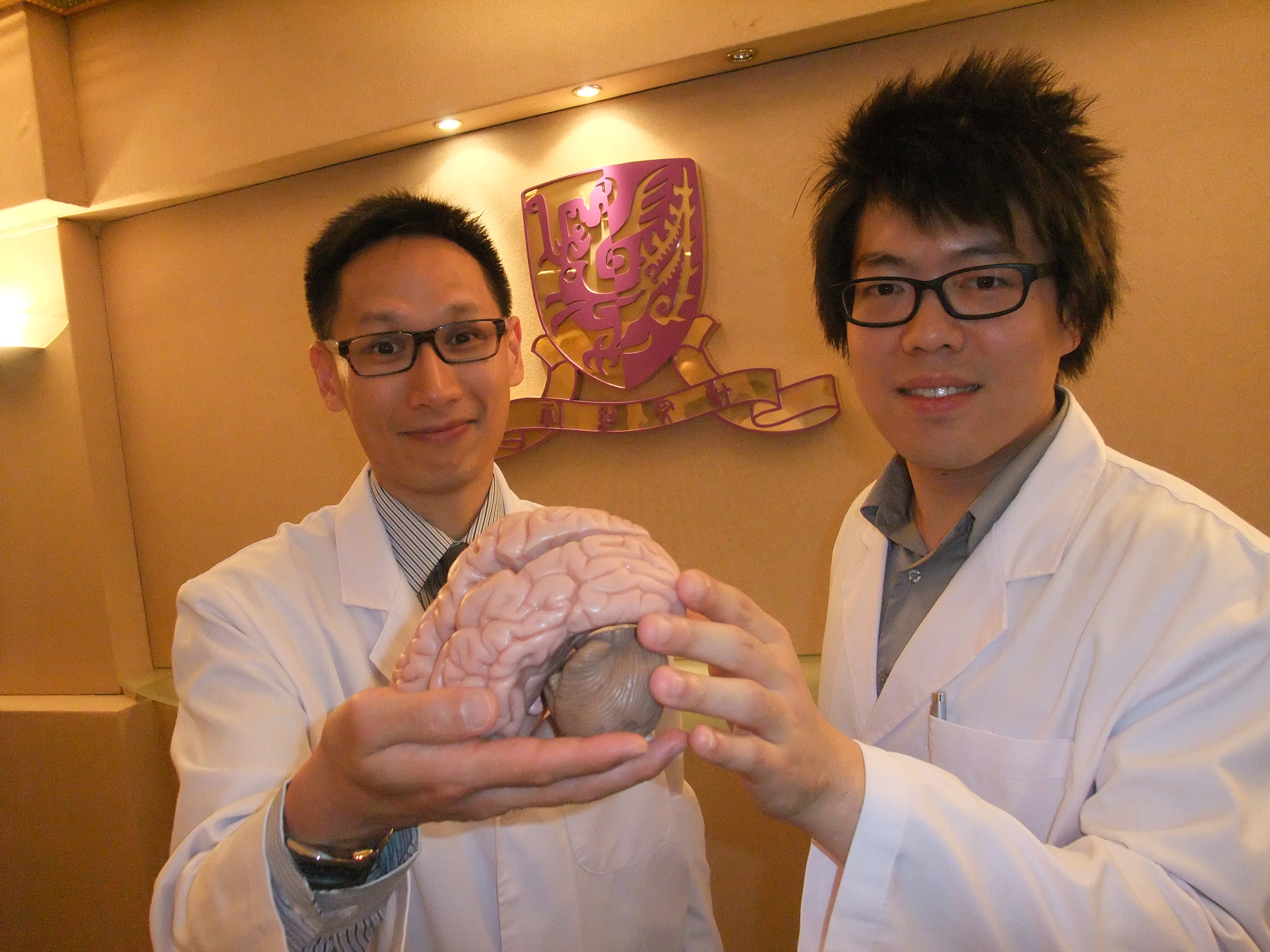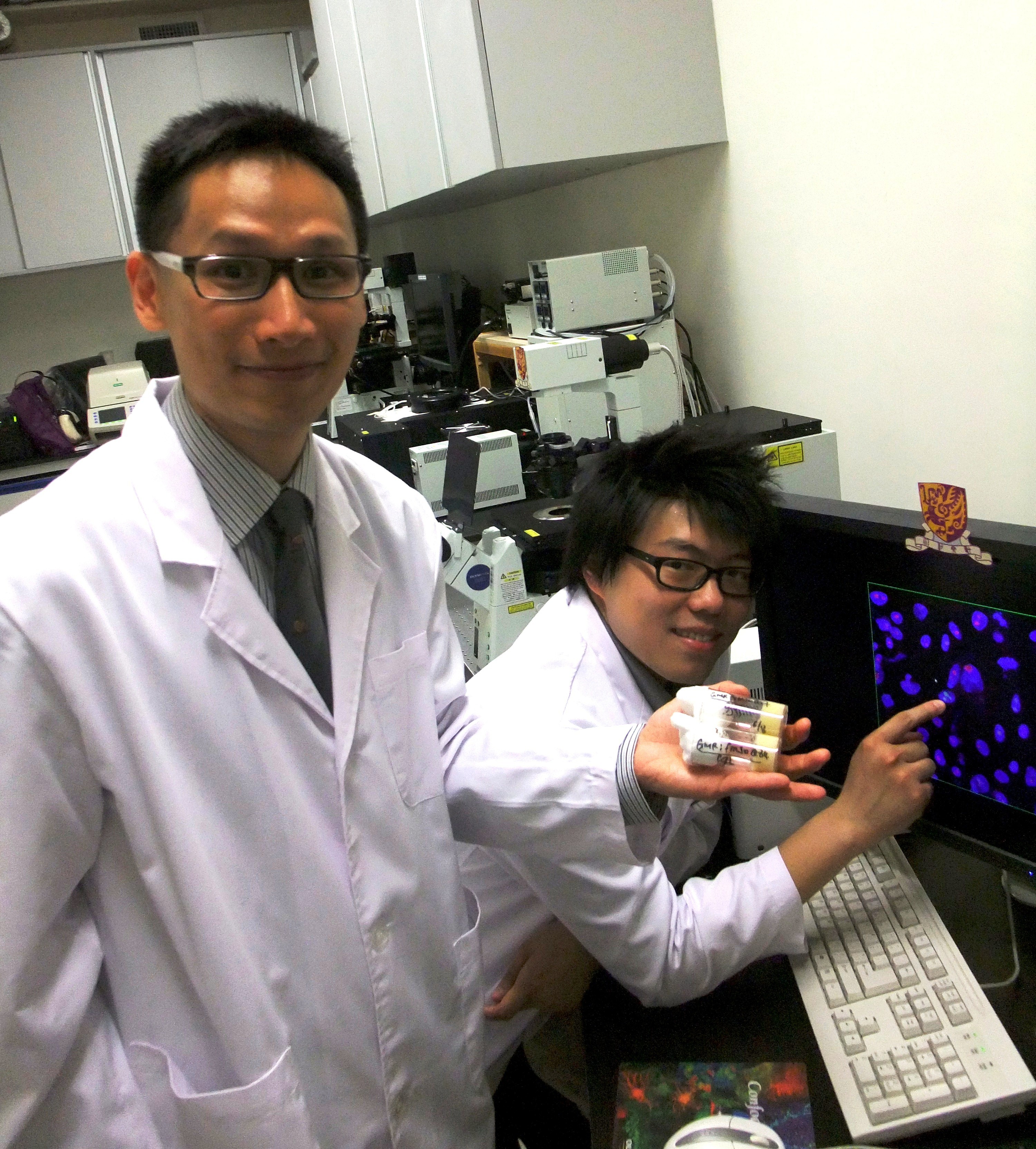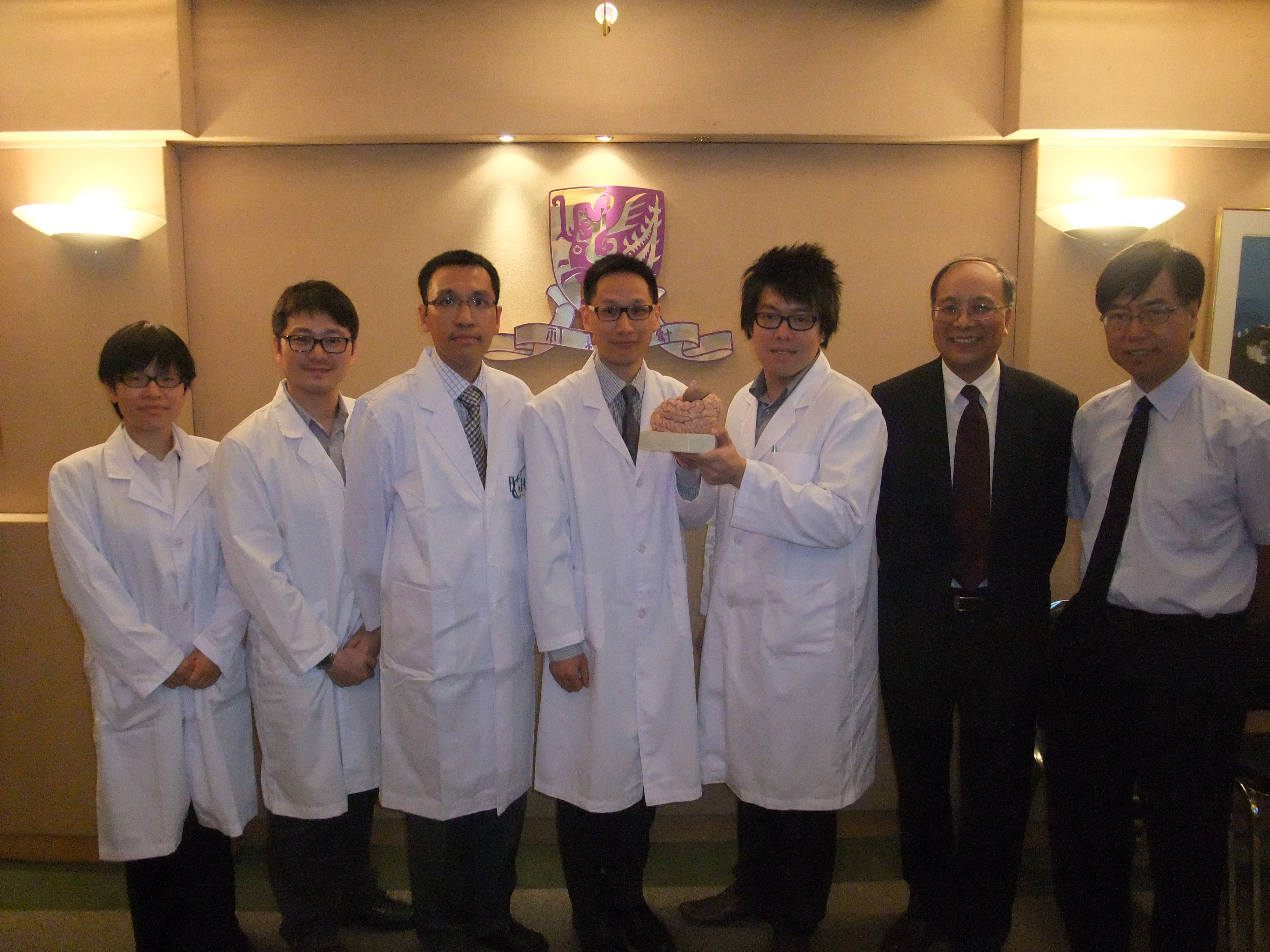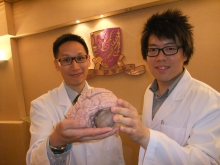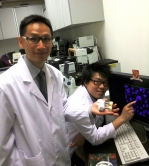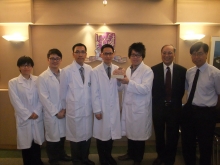CUHK
News Centre
CUHK Illuminates Pathogenic Pathways of Spinocerebellar AtaxiasEnabling New Therapeutic Directions
A research team led by Prof. Edwin H.Y. Chan of the School of Life Sciences at The Chinese University of Hong Kong (CUHK) has unveiled the role played by the ‘nucleolar stress signalling pathway’ in the currently incurable disease, spinocerebellar ataxias (SCAs), opening up new therapeutic directions for SCAs treatment at the RNA level. The work was recently published in one of the most-cited multidisciplinary scientific journals, Proceedings of the National Academy of Sciences U.S.A.
SCAs refer to a group of genetic diseases that leads to the progressive deterioration of the cerebellum or ‘small brain’. Patients will gradually lose the fine motor functions of their bodies and have difficulty maintaining balance or coordinating daily movements. The popular Japanese drama A Litre of Tears, which describes the real-life struggles of a 15-year-old girl suffering from SCAs, has helped to raise awareness of this incurable disease inHong Kong. The Hong Kong Spinocerebellar Ataxia Association was established in 2007 to provide support to SCAs patients and their families.
With the support of the Biochemistry Programme of the CUHK School of Life Sciences, the Hong Kong Spinocerebellar Ataxia Association and the Research Grants Council of Hong Kong, Professor Chan and his PhD student, Mr. Frankie H. Tsoi, embarked on an investigation of the pathogenic pathways of SCAs using a multidisciplinary approach, in the hope of finding therapeutic directions. They have shown that toxic CAG trinucleotide RNA molecules in cells disrupt ribosome function in both experimental models and patient samples. All cells, including nerve cells in the brain, rely on the proper functioning of important biomolecules ‘ribosomes’ to sustain life. From a mechanistic point of view, toxic RNA molecules prevent a protein named ‘nucleolin’ from binding with chromatin inside the nucleolus, a special region in the cell nucleus responsible for producing ribosomes. This phenomenon is described as ‘nucleolar stress’ which eventually triggers programmed cell death in the cerebellum and leads to the development of SCAs. This important finding has provided a novel angle for biomedical scientists and clinicians to understand SCAs further and develop possible treatments.
Professor Chan is Associate Professor and Director of the Master of Science Degree Programme in Biochemical and Biomedical Sciences at the Schoolof Life Sciencesat CUHK. He received undergraduate training in biochemistry from CUHK, doctoral training at the University of Cambridge (UK), and postdoctoral training at the University of Pennsylvania (USA). Since 1999, Professor Chan has been investigating the pathogenic pathways of SCAs using animal experimental models including fruitfly Drosophila and mouse. His contribution to this field has been recognized by academia as evidenced by the various research prizes he has received, including the 2010 CUHK Young Researcher Award for his work elucidating SDS-insoluble protein oligomer in spinocerebellar ataxias, and the 2011 Genetics Society of China 13th Ju-Chi Li Animal Genetics Prize for his outstanding work on the demonstration of nuclear export signal activity of polyglutamine domain and investigation of such activity on the pathogenesis of SCAs. Professor Chan is a consultant of the Hong Kong Spinocerebellar Ataxia Association and a member of the Association’s Scientific and Medical Advisory Committee. He is also a member of the Asia-Pacific Drosophila Board, and serves as a journal editorial board member and reviewer for international funding agencies including Wellcome Trust (UK) and Telethon Foundation (Italy).
Prof. Edwin H.Y. Chan (left) of the School of Life Sciences and his PhD student, Mr. Frankie H. Tsoi, illuminate pathogenic pathways of Spinocerebellar Ataxias.


